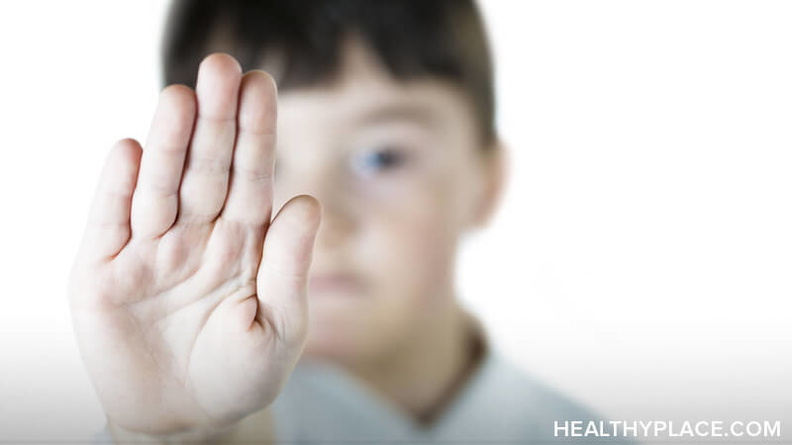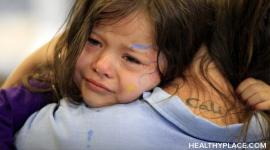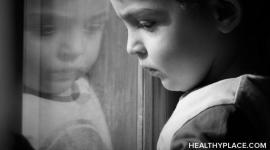Responding to Disclosure of Child Sexual Abuse

Learning that a child has been sexually abused can be emotionally unsettling. Some thoughts on what to say and what to do.
When a child tells an adult that he or she has been sexually abused, the adult may feel uncomfortable and may not know what to say or do. The following guidelines should be used when responding to children who say they have been sexually abused:
What to Say
If a child even hints in a vague way that sexual abuse has occurred, encourage him or her to talk freely. Don't make judgmental comments.
- Show that you understand and take seriously what the child is saying. Child and adolescent psychiatrists have found that children who are listened to and understood do much better than those who are not. The response to the disclosure of sexual abuse is critical to the child's ability to resolve and heal the trauma of sexual abuse.
- Assure the child that they did the right thing in telling. A child who is close to the abuser may feel guilty about revealing the secret. The child may feel frightened if the abuser has threatened to harm the child or other family members as punishment for telling the secret.
- Tell the child that he or she is not to blame for sexual abuse. Most children in attempting to make sense out of the abuse will believe that somehow they caused it or may even view it as a form of punishment for imagined or real wrongdoings.
- Finally, offer the child protection, and promise that you will promptly take steps to see that the abuse stops.
What to Do
Report any suspicion of child abuse. If the abuse is within the family, report it to the local Child Protection Agency. If the abuse is outside of the family, report it to the police or district attorney's office. Individuals reporting in good faith are immune from prosecution. The agency receiving the report will conduct an evaluation and will take action to protect the child.
Parents should consult with their pediatrician or family physician, who may refer them to a physician who specializes in evaluating and treating sexual abuse. The examining doctor will evaluate the child's condition and treat any physical problem related to the abuse, gather evidence to help protect the child, and reassure the child that he or she is all right.
Children who have been sexually abused should have an evaluation by a child and adolescent psychiatrist or other qualified mental health professionals to find out how the sexual abuse has affected them and to determine whether ongoing professional help is necessary for the child to deal with the trauma of the abuse. The child and adolescent psychiatrist can also provide support to other family members who may be upset by the abuse.
While most allegations of sexual abuse made by children are true, some false accusations may arise in custody disputes and in other situations. Occasionally, the court will ask a child and adolescent psychiatrist to help determine whether the child is telling the truth, or whether it will hurt the child to speak in court about the abuse.
When a child is asked as to testify, special considerations--such as videotaping, frequent breaks, exclusion of spectators, and the option not to look at the accused--make the experience much less stressful.
Adults, because of their maturity and knowledge, are always the ones to blame when they abuse children. Abused children should never be blamed.
When a child tells someone about sexual abuse, a supportive, caring response is the first step in getting help for the child and reestablishing their trust in adults.
Sources:
- American Academy of Child & Adolescent Psychiatry
APA Reference
Staff, H.
(2022, January 18). Responding to Disclosure of Child Sexual Abuse, HealthyPlace. Retrieved
on 2026, March 5 from https://www.healthyplace.com/parenting/abuse/responding-to-disclosure-of-child-sexual-abuse



